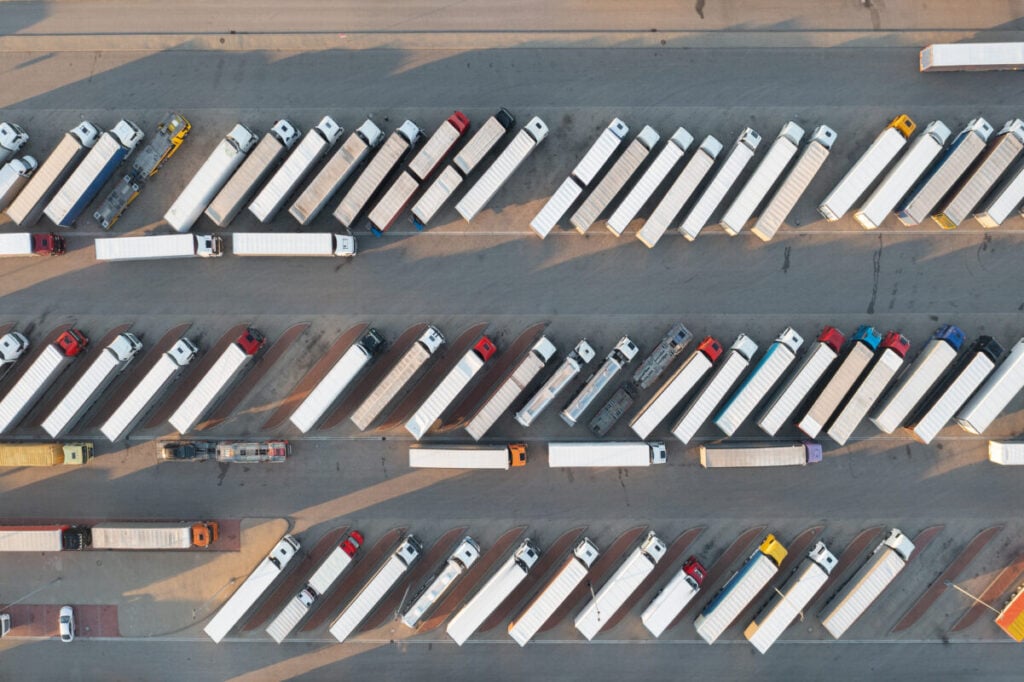VEV and Maritime Transport will collaborate to speed the rollout of zero-emission truck charging, while Wrightbus has inked a £150 million deal with HSBC to scale up its manufacturing capacity for ZEV buses.
E-fleet solutions provider VEV has teamed up with road and rail freight logistics firm Maritime Transport to develop high-powered electric truck chargers.
Electric truck chargers will be installed at three Maritime Transport sites located in Wakefield, Doncaster, and Tilbury, ahead of Maritime Transport introducing its first battery electric trucks later this year. Installation of the chargers is already underway and in the advanced stages at the Mill Lane depot in Wakefield and London Distribution Park in Tilbury, with works due to commence shortly at iPort in Doncaster. A total of 17 chargers are being installed across the three locations, and all are expected to be fully commissioned later this month.
Over the course of this year, additional charging infrastructure is expected to be installed at another nine sites across Maritime’s port and rail depot network across the UK. Once all the sites are fully commissioned, the network will enable simultaneous charging for as many as 98 battery electric trucks. VEV has been appointed as the electrification partner for this phase of Maritime Transport’s zero-emission truck rollout and will deliver end-to-end site design, infrastructure development, software integration, charger maintenance, and ongoing fleet analysis for the sites.
Deputy CEO of Maritime Transport Tom Williams said that it was “rewarding to see tangible progress being made” on the firm’s decarbonisation journey, noting that the project marks “a major step forward” in delivering a cleaner supply chain across the UK. Mike Nakrani, VEV CEO, agreed, adding that the development is a “key step in the UK’s electrification journey”.
Wrightbus lands £150 million finance package from HSBC
Meanwhile, zero-emission bus manufacturer Wrightbus has secured a £150 million finance package from HSBC UK, which will be used to ramp up its production of zero-emission buses.
The company states that HSBC’s funding package features hedging and working capital support, and will support the acceleration of production at its factories in Northern Ireland and Malaysia. The funding will also be used to develop new electric and hydrogen-powered bus technologies as well as support the growth of the NewPower division of the business, which takes existing diesel buses and converts them into electric vehicles.
Wrightbus CEO Jean-Marc Gales said that the funding marked “an important day for everyone connected with Wrightbus”, noting that the deal is a “crucial step as we accelerate our growth and invest in decarbonising public transport with electric and hydrogen-powered buses”.






